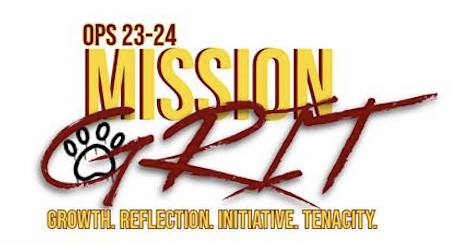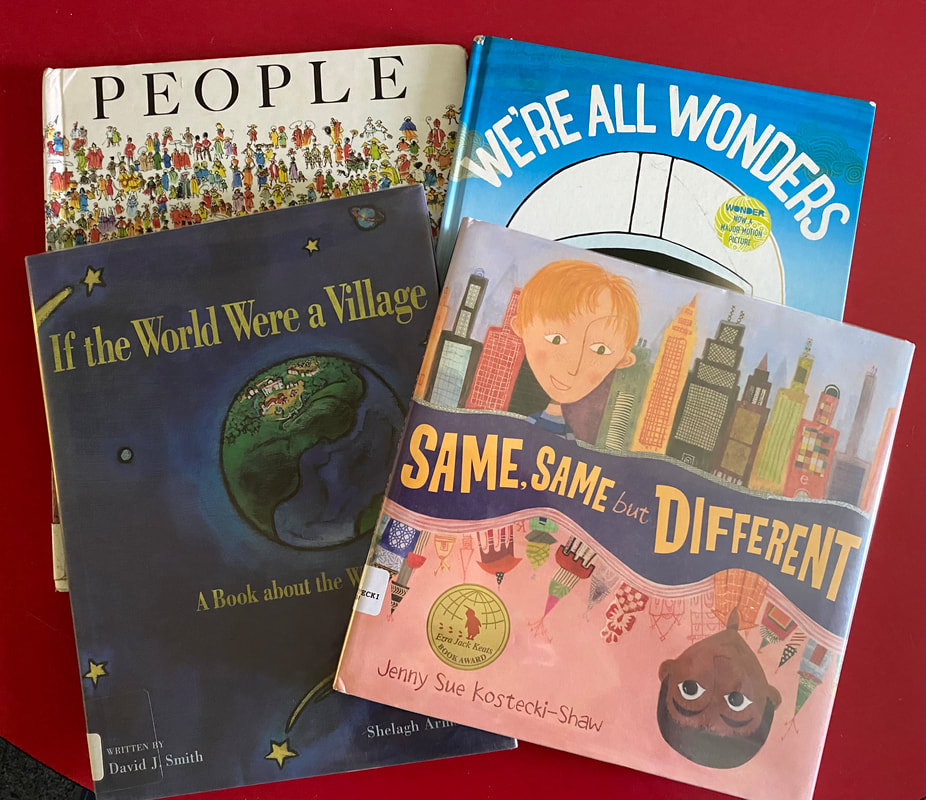|
Mission: G.R.I.T.! OPS is on a mission this year! Mission: GRIT! aims to increase the passion and perseverance of our students. Stay tuned for more information about what grit is, why we want it, and how to foster it. In the meantime, please feel free to look through my blog posts for information on a variety of topics. If you're looking for information about counseling resources in the OPS area, click here for emergency mental health hotlines, as well as a list of psychotherapy providers used by other OPS families. PLEASE NOTE: If you or a family member are experiencing the signs or symptoms of a mental illness and feel you are in crisis, call 201-262-HELP (4357) or dial 911.
|
|
May is Mental Health Awareness month. It is also Asian American and Pacific Islander Heritage month. These may seem unrelated, but they’re actually not. As you might imagine, mental health is closely tied to one’s life experiences and one’s ability to realize one’s potential. That is why the American School Counselor Association has repeatedly stated school counselors have an obligation to act as advocates for social justice and systemic change. It is also why I have enthusiastically signed up to help with the PTA’s OPS Around the World event. On May 23rd, the OPS PTA is hosting a new event called “OPS Around the World.” At the event, OPS family volunteers will be sharing the cultures of their nations-of-origin with all who attend. Eight different cultures will be represented at the event. There will be “passports” for the kids to get stamped at each booth, and while details are still being finalized, there has been discussion of flags, traditional dress, music, and crafts. At the end, each child will take home a sampling of candy from the countries represented! Why Learn about Culture and Diversity I’m super excited about this event, because as a counselor, I love learning how and why people do or think what they do. Our cultures shape us in ways we don’t even realize, primarily because we learn about them when we’re too young to know what we’re learning! As a result, we can grow up thinking things about others - especially those we see as “different” - without realizing how or why we learned them. In turn, these beliefs end up affecting how children feel about themselves, too. As parents, it’s tempting to believe our children aren't aware of the differences among us, in part because we may seldom hear our children talk about those differences. However, studies show that children as young as six months of age begin to distinguish between different racial features. By the age of four, children have learned to associate skin color with status. When parents don’t discuss race with their children, the messages get absorbed without the child’s conscious awareness, much like with messages about culture. It’s a cycle of silence that allows biases to form in early childhood that, left unchecked, could develop into racism in our adult children. Talking about cultural diversity and racism with our children while they are young would empower them to recognize the messages they receive, discuss them with us, and make conscious choices about what they see and hear. “So what should I do? Where do I start?” One great place to start is with learning about your own family’s nation of origin and how your ancestors came to the United States. This helps children understand where our differences originate and that we all have a story to tell. The following articles/resources may be helpful in researching the histories of your family:
With a preliminary understanding of your family’s nation-of-origin established, you and your child can start exploring the immigration histories of other nationalities. There are many, many children’s books available that teach us to be curious about “others” and celebrate our differences. Here are a few titles you might like to use with your children.:
Now that your child's curiosity is piqued, you can go beyond the factual histories and begin to look at the customs and traditions from around the world. The following books and videos compare children’s lives across the globe:
Another option is to learn from each other! Talk with friends and neighbors of different nationalities about their immigration history, cultures, and customs. The OPS Around the World event mentioned at the start of this post would be a great place to meet other families who are also interested in learning more about cultures different from their own. << ...Celebrating diversity communicates to your children that if they feel different from their friends - or even you - they...can still expect to be loved and valued members of your family, their school, their community, and the world. >> “But I’m still not sure how to talk about racism.”
It may help to first talk about the words. “Race,” as we use it to categorize people by skin color, is a misnomer. Scientifically speaking, we are all one race - the human race. The word’s use to categorize people into different groups is not based in science. A more accurate word to describe the division of people according to color may be caste. “Racism” can be explained to children as being a lot like bullying or dominance behavior, but on a very large scale. Just like dominance behavior, racism is designed to make one group of people feel superior to another group, despite the fact that we are all human. Racism can be difficult and somewhat uncomfortable to discuss at first. Once started, however, conversations about racism are not difficult to maintain or revisit, which is good because there’s certainly a lot to discuss! This is not the kind of topic that can be covered in one sitting, so be sure to keep the discussion open, and revisit it every so often, especially after witnessing acts of racism in the news or in your life. The following resources offer suggestions and guidance about how to have conversations about racism with your children:
If you’d like to specifically address the recent increase in anti-Asian-American racism, you may find these resources to be helpful.:
If you'd like to specifically address the recent judicial findings of the trial over George Floyd’s death, you may find these resources to be helpful:
Your children will appreciate the time and energy you spend helping them to understand these concepts few people will discuss with them. Talking about difficult topics teaches them they can bring other difficult topics to you for discussion in the future, instead of relying on friends and/or social media for their information and guidance. Most importantly, though, celebrating diversity communicates to your children that if they feel different from their friends - or even you - they should feel free to be themselves and can still expect to be loved and valued members of your family, their school, this community, and the world. Of course, prejudice and discrimination is not confined to just skin color. Many of the articles listed above will help you talk with your children about sexism, ageism, ableism, and homophobia, too. As always, if you’re in need of additional resources, please don’t hesitate to reach out to me via email at [email protected].
0 Comments
|
AuthorAll blog posts written by Rima Mason, MA, LPC unless otherwise noted. Blog list by title2023-2024 year: 2020-2021 year: 2019-20 year: 2018-19 year:
Archives
December 2023
Categories |


